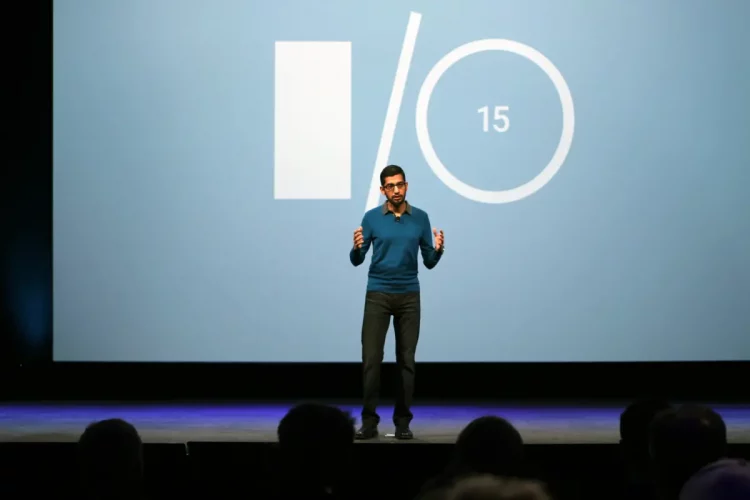In an exclusive interview with BBC at Google’s HQ in Silicon Valley, Sundar Pichai, Google CEO, warns of threats to internet freedom and says that many countries are restricting the flow of information.
Sundar Pachai talks about artificial intelligence and quantum computing
Pachai predicts that over the next quarter of the century developments such as artificial intelligence and quantum computing are going to revolutionise the world.
He compares artificial intelligence to fire and electricity, highlighting that AI is rather more profound than the other two.
Artificial intelligence (AI) is a type of technology that makes it possible for machines to learn from experience, adjust to new inputs and perform human-like tasks. While quantum computing is the exploitation of collective properties of quantum states, such as superposition and entanglement, to perform computation. The devices used to perform this are called quantum computers and they are totally different from your ordinary computer.
According to BBC‘s Amol Rajan, quantum computers are built on qubits, which factor in the probability of matter being in one of the various states.
“I view it as the most profound technology that humanity will ever develop and work on. You know, if you think about fire or electricity or the internet, it’s like that. But I think even more profound,” Sundar Pichai says in the interview.
Google faces scrutiny over tax, privacy, data, and alleged monopoly status
In the interview, he also addresses controversies around tax, privacy, and data. An Asian Internet Coalition which includes Google and Facebook recently wrote a letter to Hong Kong’s privacy commissioner for personal data expressing concerns about the new privacy laws proposed by the region.
Google and other companies within the Asian coalition said that they were concerned about the safety of employees based in Hong Kong — that the new rules — which didn’t make sense all according to them, could result in individual prosecution of employees.
As a result, the group threatened to cease operations in Hong Kong.






